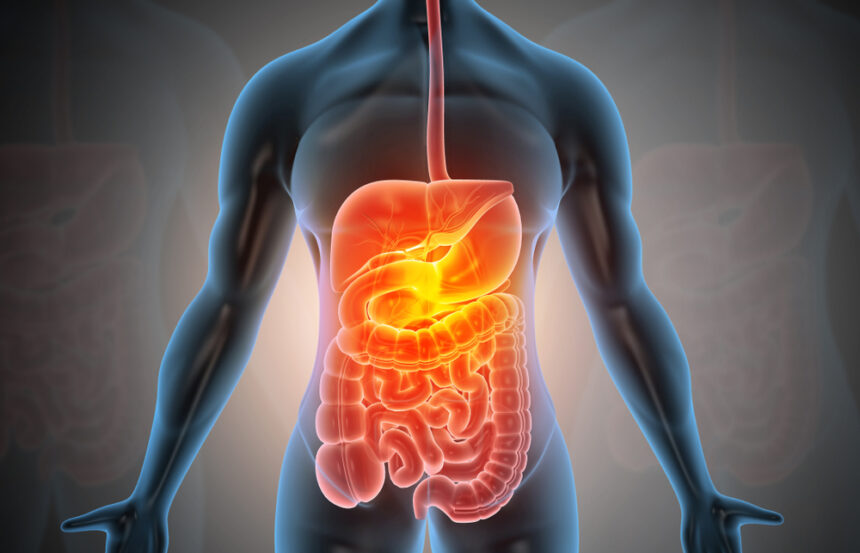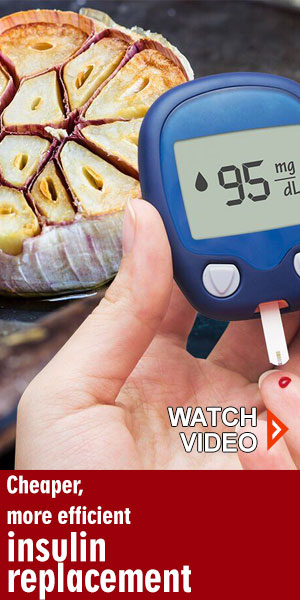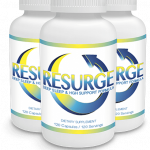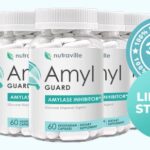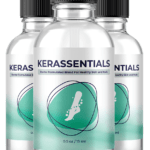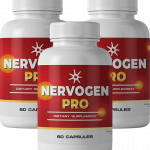In this article, we’ll take a look at everything you need to know about the digestive system—from what happens after a meal to how our bodies break down food during digestion. We’ll also cover some tips for improving your digestive health (and why you should do so).
Digestive health is crucial to overall health and well-being.
Digestion is the breakdown of food into nutrients that can be absorbed by your body. It’s not just about breaking down food—digestion also involves breaking down proteins, fats, and carbohydrates so they can be absorbed in the small intestine, which has villi (tubes) on its surface that absorb water and other nutrients from digested foods before they’re passed through your bowels into urine or feces.
If you have digestive problems like bloating or gas after meals, constipation, or diarrhea because of poor digestion caused by food sensitivities, then this could significantly impact your quality of life!
Our digestive system is one of the most complicated systems in our bodies.
Digestion is a complex process that plays a crucial role in our health. Our digestive system is one of the most complicated systems in our bodies, and it’s important to understand how digestion works before you can make any changes or improvements to your health.
Digestion occurs when food is broken down into smaller particles by digestive enzymes (proteins) released by cells lining the intestine wall. These enzymes break down food into simple sugars or amino acids which can then be absorbed through our bloodstream into cells throughout our body for energy production or cell growth/repairing purposes. This process requires about 20 minutes for complete digestion—so if you eat too much at once, there will be more left over after eating than what was digested!
Every person will experience digestive problems at some point in their life.
Digestive problems are common, and they can be caused by several factors. Most people will experience digestive problems at some point in their life. They may be temporary or chronic and may even include irritable bowel syndrome (IBS), Crohn’s disease, and ulcerative colitis.
Digestive disorders often leave people feeling hungry after eating; this is because they’re not able to fully digest food properly due to irritation in the digestive tract. As well as causing discomfort, these conditions can also lead to more serious health issues such as malnutrition which affects how we get energy from food – so if you’re suffering from indigestion or any other type of stomach ailment then don’t forget about those nutrients!
Digestive problems can strike anyone at any age, but it is more common in older adults.
Digestive issues can strike anyone at any age, but it is more common in older adults. Digestive problems are the third most common reason for hospitalizations and emergency room visits in the United States.
Digestive problems are caused by lifestyle choices such as poor diet and excess weight gain or loss. They can also be due to certain health conditions like chronic diarrhea (a condition where the intestines do not empty properly), anemia (low levels of red blood cells), or autoimmune disorders that affect your immune system’s ability to fight off harmful bacteria in your body.
The digestive system has many functions.
The digestive system has many functions. Digestion is a complex process that involves many organs and systems in the body, including your mouth, esophagus, stomach, small intestine (also known as the duodenum), large intestine (also known as the colon), gallbladder, liver, and pancreas.
Digestion begins with chewing food into tiny particles that are easier to swallow than large chunks of food. Once you’ve chewed your food into smaller pieces or swallowed it whole—depending on its texture—your mouth harvests enzymes in saliva to begin breaking down proteins into amino acids; these amino acids are then absorbed into the blood through tiny holes on your tongue called papillae.
The process of digestion is complex, but it can be broken down into three main stages:
-Ingestion: This is the first stage of digestion, where food is taken into the body.
-Mixing: The second stage involves mixing chewed food with digestive enzymes and stomach acid to break down food into smaller particles called chyme.
-Absorption: This final stage involves absorption of nutrients through the small intestine and their transport to various parts of your body via blood vessels.
The digestive system includes the mouth, esophagus, stomach, small intestine, large intestine, pancreas, and liver.
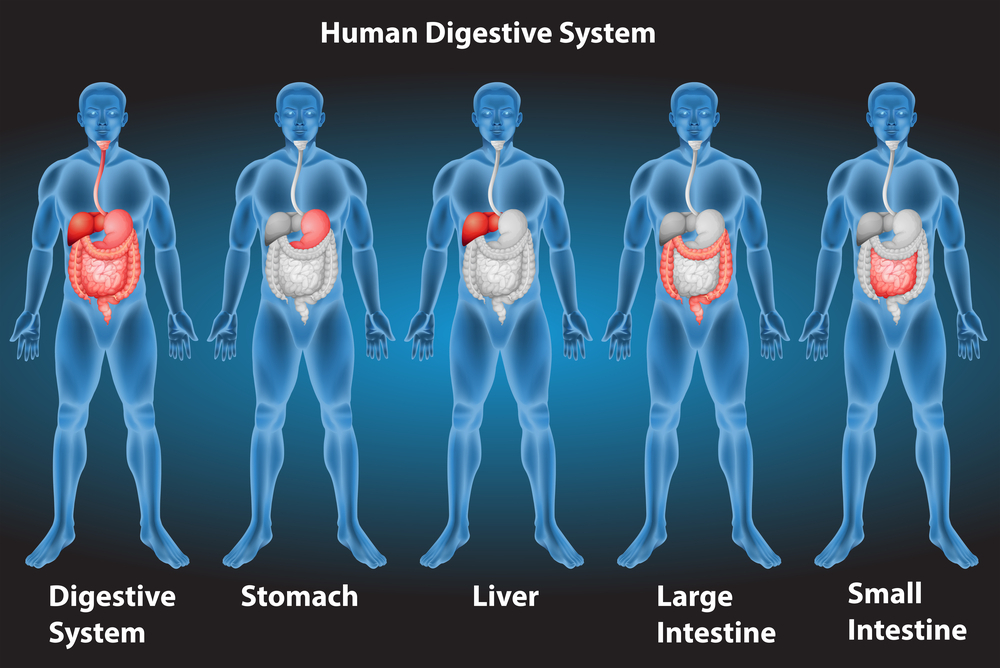
The digestive system includes the mouth, esophagus, stomach, small intestine, and large intestine.
The mouth is the start of your digestive tract. It’s where food first enters your body after being eaten by you or someone else. The esophagus carries this food from your mouth to the stomach where it will be mixed with gastric juices (the liquids that help break down food) for digestion before passing into a tube called the small intestine for further processing. The small intestine then sends its contents through two tubes—one called the duodenum and another called jejunum—to enter into what’s known as “the large” portion of your intestines: these are also referred to as “smaller parts” because they’re smaller than other sections within this part of our bodies systems
Our digestive tract is about 30 feet long.
The digestive tract is about 30 feet long, and it’s made up of organs that work together to break down food into nutrients. The mouth is where you chew your food, which helps make it easier for the stomach to digest. A small hole in your esophagus allows air to enter while also allowing food to pass through; this process is called deglutition. The stomach can store as much as 2 liters (1 quart) of liquid at once—this is known as its maximum capacity—but most people don’t need that much room because they only consume liquids (or very little liquid) during meals.
The small intestine absorbs vitamins and minerals from what we eat before passing them into our bloodstream for use throughout our bodies
You can slow your digestion down by eating fast or not chewing food thoroughly.
You can slow your digestion down by eating fast or not chewing food thoroughly.
- Chew your food thoroughly. This will help you swallow it more easily and make sure that it travels through your digestive system at a steady pace instead of getting stuck in one spot and causing irritation.
- Eat at a regular pace, not as fast as possible or too slowly (that’s called “running to the bathroom”). If you eat too quickly, it may take longer for nutrients—including vitamins and minerals—to be absorbed into your bloodstream so they can reach other parts of your body where they’re needed most (like muscles). This could lead to vitamin deficiencies later on!
- Don’t eat while distracted: watching TV shows/videos on YouTube; playing video games; using Facebook Messenger on mobile phones, etc. These activities require mental focus which means less time spent chewing/digesting food properly which could lead to problems such as constipation or diarrhea due to an improper digestion process
- Try to eat in a quiet, relaxing environment. That way you can focus on the task at hand and not let thoughts about work or school distract you from eating properly. If you can’t find an appropriate place to eat alone, try making plans with friends.
Try these five tips to improve your digestion!
- Eat smaller meals, more often
- Avoid foods that cause bloating
- Avoid foods that trigger allergies or intolerances
- Avoid foods that are high in fat or sugar (including alcohol)
- Use FDA approved digestion aiding supplements
If you have persistent digestive troubles, don’t wait. Make an appointment with your doctor.
An appointment with your doctor is the best way to get diagnosed and treated for digestive issues.
Digestive issues can be caused by many things, including diet and stress; they’re also more common in aging people or have certain medical conditions like diabetes or heart disease.
If you think your digestion may be off but aren’t sure what’s going on—or if it’s just not getting better after trying some home remedies—it’s time to see a doctor!
Conclusion
If you have persistent digestion troubles, don’t wait. Make an appointment with your doctor. Even if it seems like nothing is wrong, trust us: this can affect your life in many ways. Your doctor will be able to diagnose the problem and recommend treatments that will help you feel better fast!



